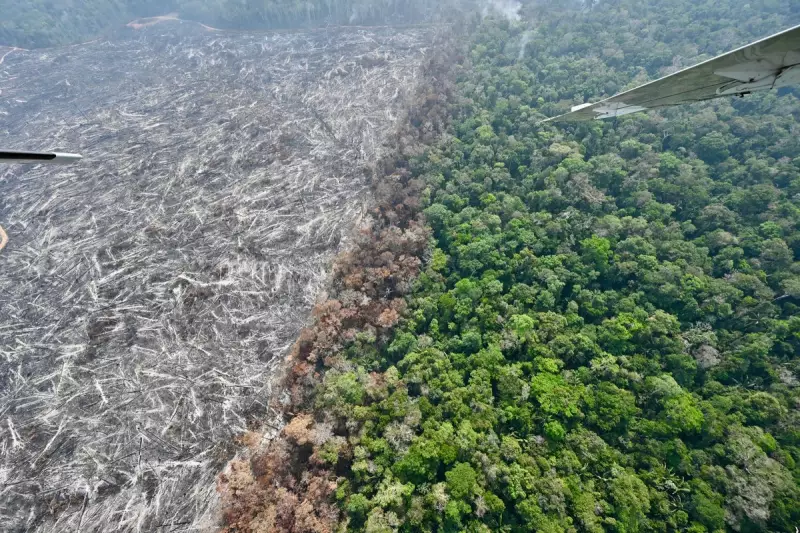
Earth's vibrant coral reefs are teetering on the brink of an environmental catastrophe as new research reveals they're rapidly approaching a critical climate tipping point. Scientists warn that without immediate action, these underwater ecosystems could face irreversible damage within our lifetime.
The Silent Crisis Beneath the Waves
Recent studies indicate that coral reefs worldwide are experiencing unprecedented stress from rising ocean temperatures. The delicate balance that sustains these marine habitats is being pushed to its absolute limits, with bleaching events becoming more frequent and severe.
What the Science Reveals
Climate researchers have identified specific temperature thresholds that, once crossed, could trigger catastrophic reef collapse. The data shows we're alarmingly close to these critical markers, raising urgent concerns among marine biologists and conservationists.
The Domino Effect on Marine Life
Coral reefs serve as the foundation for approximately 25% of all marine species. Their potential collapse would create a devastating domino effect throughout ocean ecosystems, impacting everything from tiny fish to major fishing industries that millions depend on for food and livelihood.
Why This Matters Beyond the Ocean
The threat extends far beyond marine biology. Coral reefs provide crucial protection for coastal communities against storms and erosion, support tourism industries worth billions, and hold potential medical discoveries in their biodiversity.
The Human Cost
Coastal communities in tropical regions face economic devastation if reef systems fail. The loss would affect food security, employment, and natural disaster protection for millions of people worldwide.
Is There Still Hope?
While the situation appears dire, scientists emphasize that immediate, coordinated global action could still make a difference. Reducing carbon emissions and implementing stronger conservation measures might buy these precious ecosystems the time they need to adapt.
The clock is ticking for coral reefs, serving as a stark reminder that climate change isn't a distant threat—it's happening now, beneath the waves, in ecosystems that have thrived for millennia.





